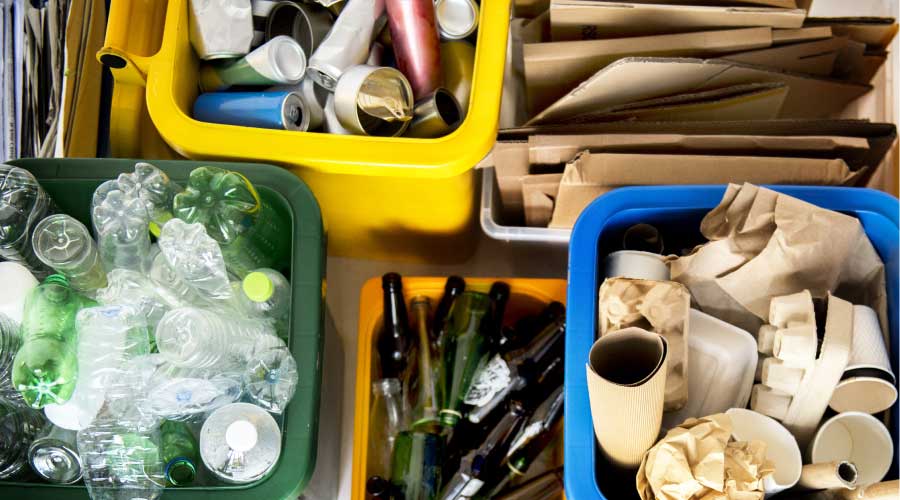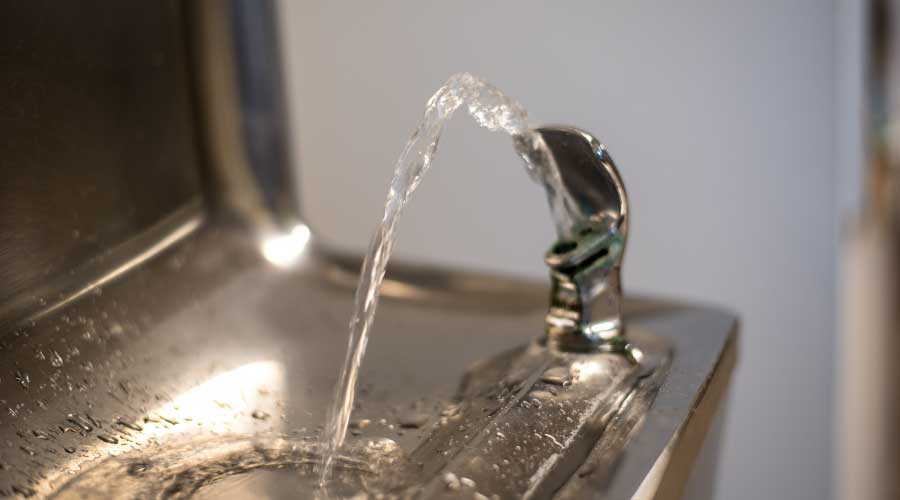
Los Angeles Hospital Uses TrashBots to Reduce Contamination in Recycling and Composting
A study done by CleanRobotics demonstrates the applications of their TrashBot. May 19, 2023
Improper sorting and excessive contamination have prevented effective recycling and composting programs in large public facilities. According to the EPA, only 32 percent of recyclables are recovered. While sorting technology is available for material recovery facilities, collecting clean, valuable materials at facilities remains challenging. Environmental teams at major public facilities strongly need insightful data and sorting at the point of disposal to achieve zero waste.
Recycling rules are often complex and vary based on location, which results in user confusion when throwing items away. In hospitals with transient populations, this leads to large-scale contamination, low recycling yields, and poor diversion.
- Waste management and recycling in hospitals are extremely challenging
- Contamination of recyclables reduces the ability to divert waste at hospitals
- Educating the transient public is difficult, because of varying recycling rules
- Granular Waste Data is unreliable, expensive, seasonal, and changes often
The Impact
Six TrashBots were piloted at a Hospital in LA, impacting more than 240,000 visitors during the three-month performance period.
- Reduced contamination in the recycling and compost streams by 95 percent
- TrashBot technology provided 300 percent more accurate sorting: Compared to conventional trash receptacles.
- Hospital increased their diversion rate by 50 percent: By finding the top five landfill items should be replaced by compostable materials, with TrashBot’s data.
- Custom educational content was exhibited on TrashBot’s screen: Resulting from the data collected by TrashBot. Which also provided on-demand waste audits, carbon abatement calculations, and contaminated items identification.
Conclusion
The work carried out during this pilot will continue to influence diversion rates and accelerate sustainable long-term purchasing at the facility. Looking to the future, the facility will increase the number of TrashBots deployed as they improve recovery rates - identify and eliminate zero waste challenges across their campus. This Phase I project successfully shows that a facility can immediately achieve:
- 25 percent diversion rate with TrashBot
- Up to 50 percent diversion rate by introducing compostable alternatives
Next
Read next on FacilitiesNet












